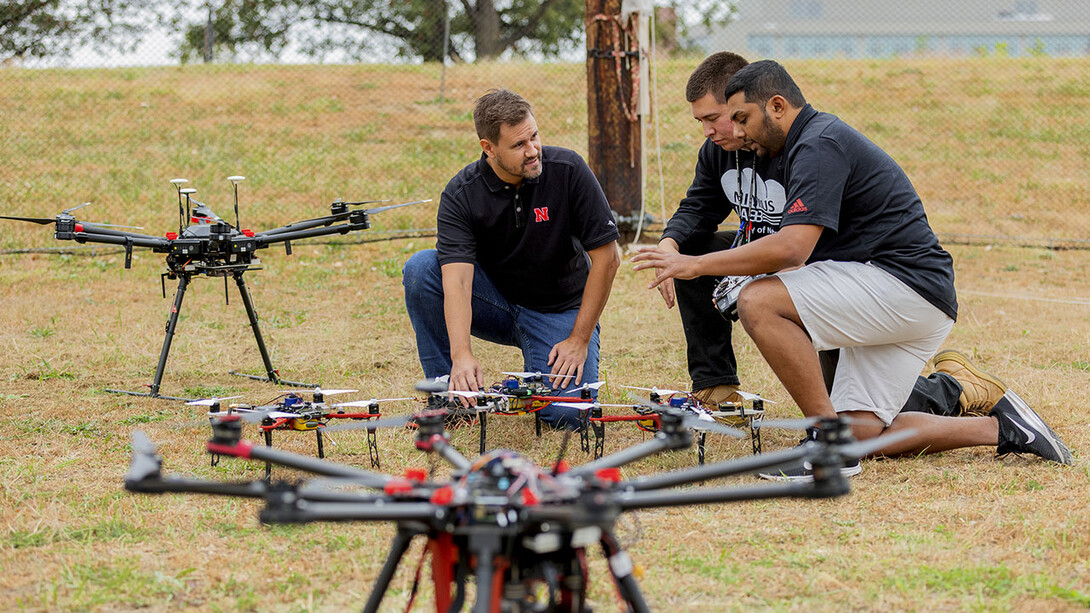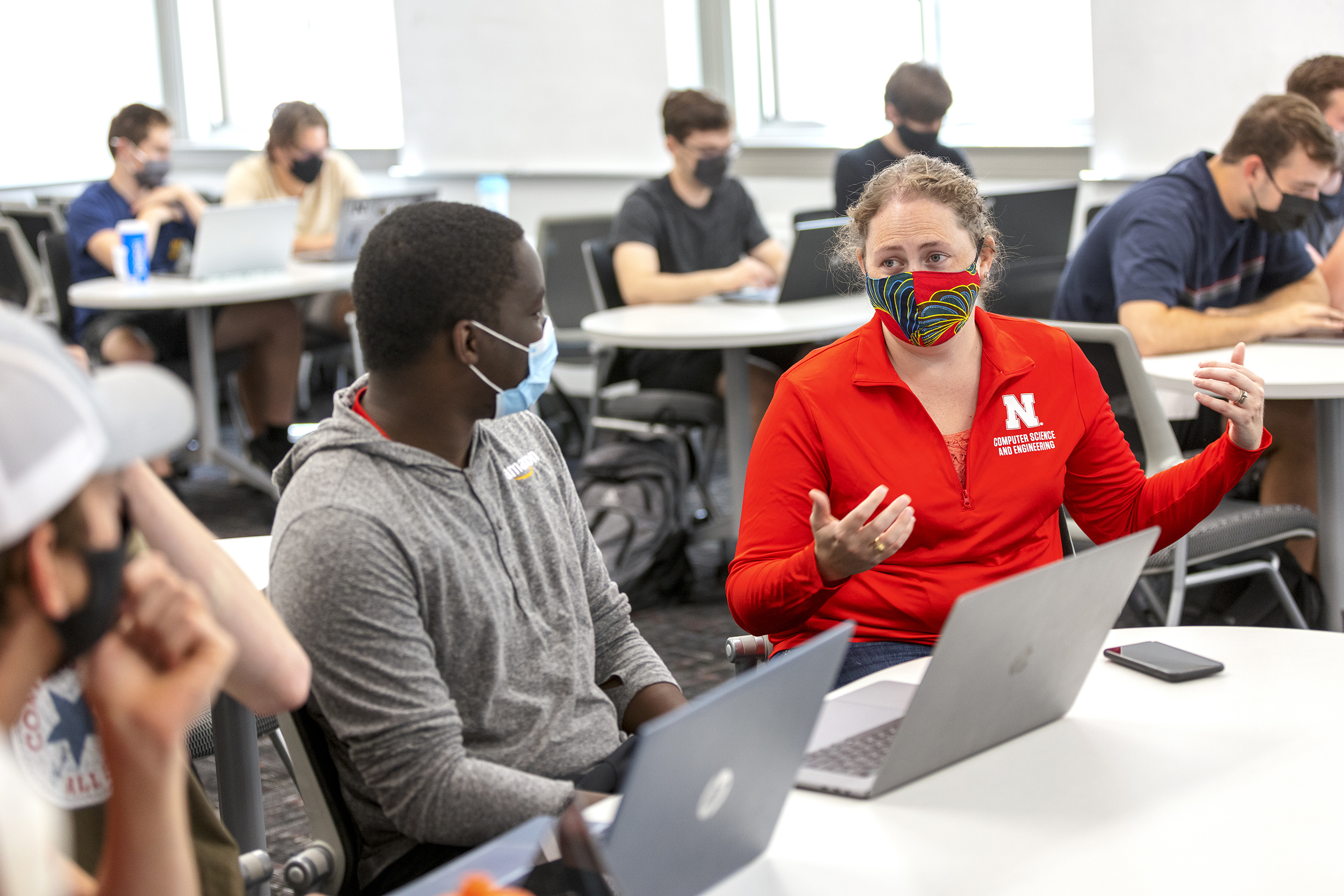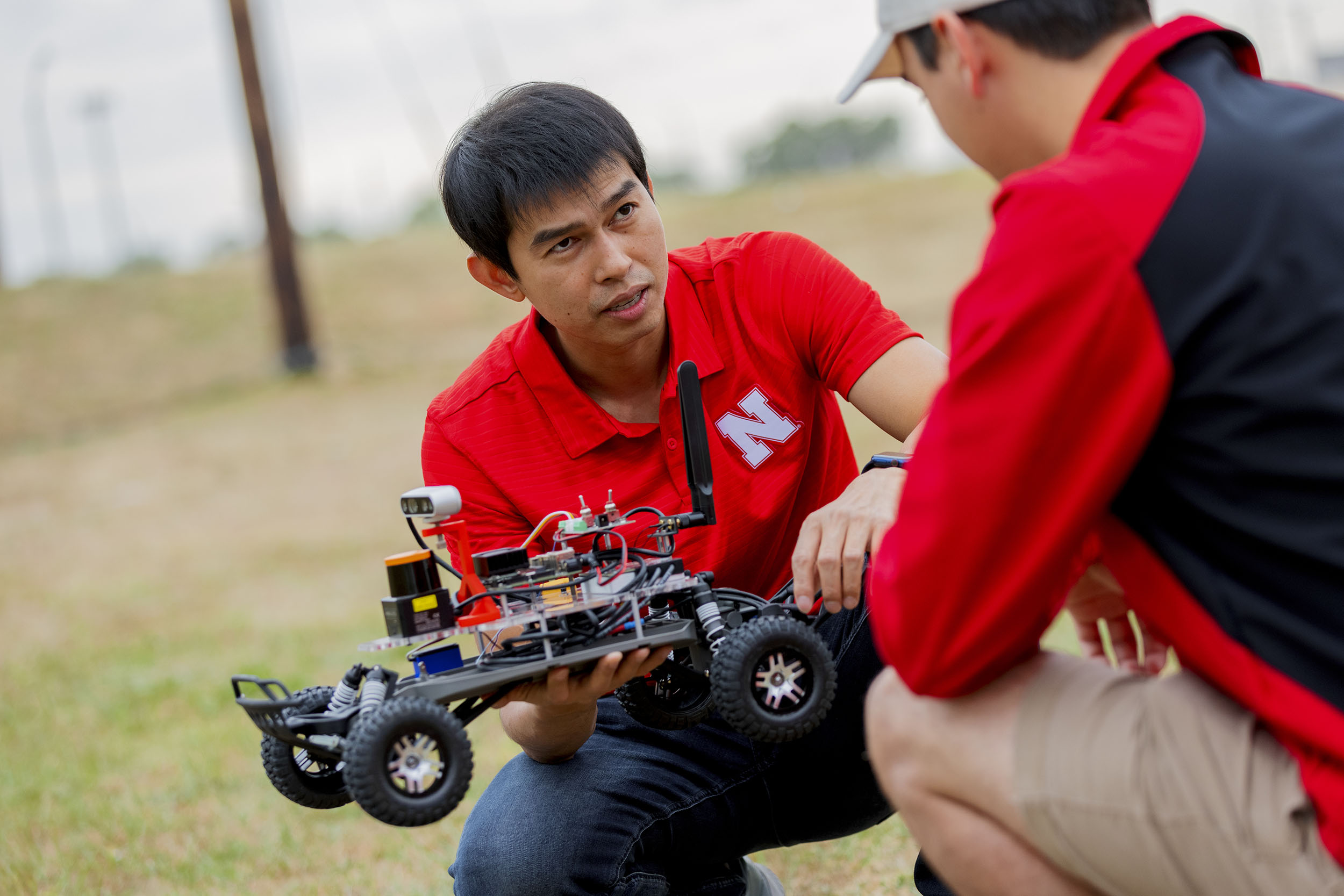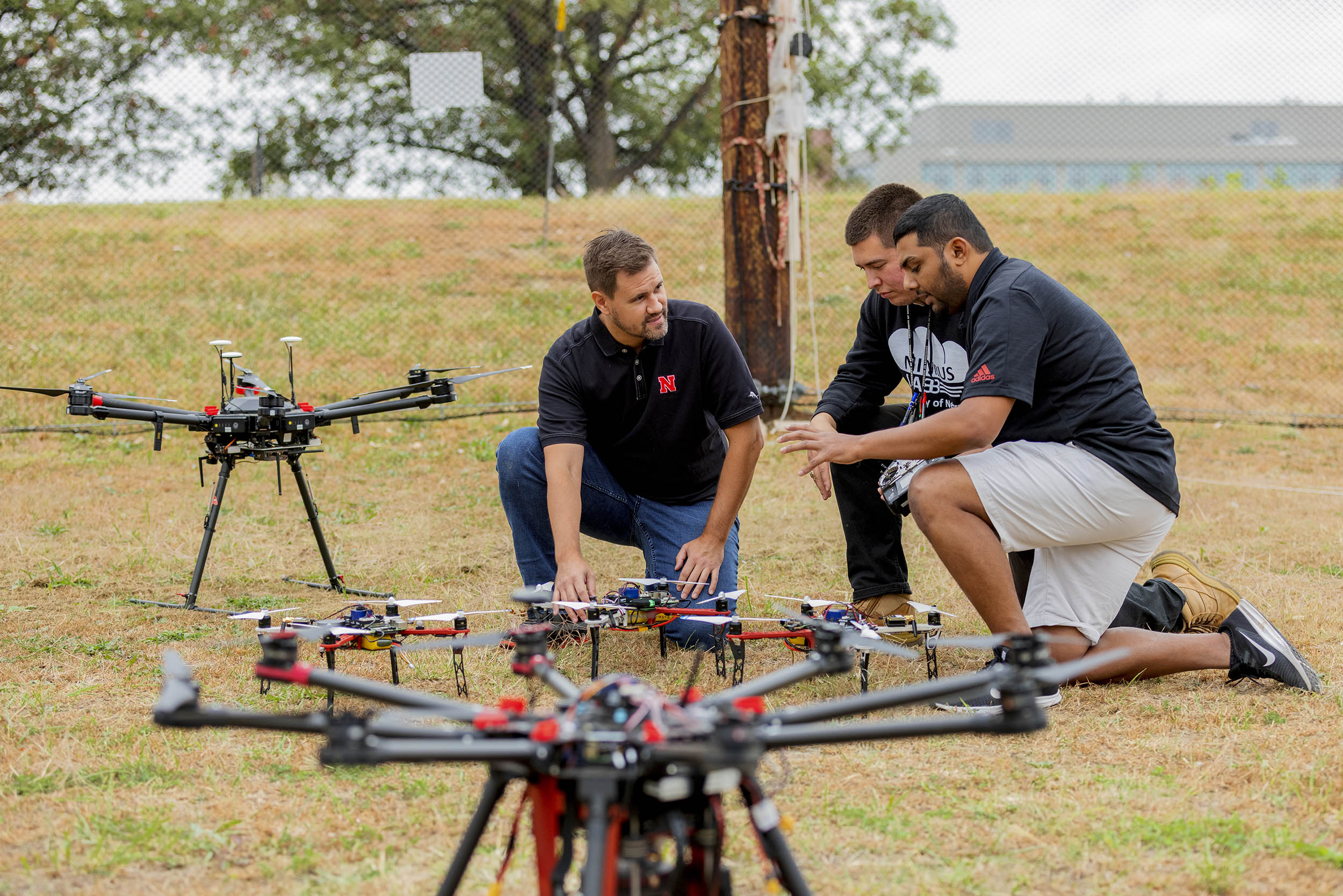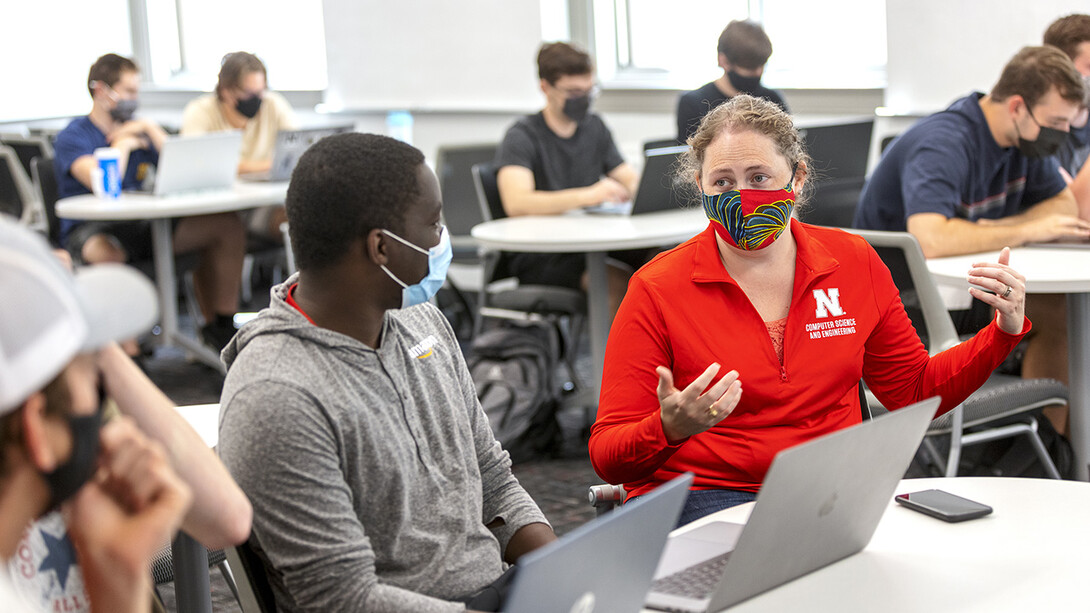
The University of Nebraska–Lincoln is transforming its Department of Computer Science and Engineering into the School of Computing.
With faculty approval and university support, the School of Computing is now fully housed in the College of Engineering following an endorsement this summer from Nebraska’s Coordinating Commission for Postsecondary Education. The school is receiving a nearly $10 million investment from the Chancellor’s Office to support new faculty and academic programs. Before the creation of the School of Computing, the Department of Computer Science and Engineering was shared between the College of Arts and Sciences and the College of Engineering.
“Computing permeates almost every aspect of society, including medicine, finance, agriculture, the humanities, government and the design and operation of complex engineered systems,” said Lance C. Pérez, dean. “Having a School of Computing will raise the profile and reputation of the university in computing and enable the college to compete for student and faculty talent in this critical area.”
The founding director of the School of Computing is Marilyn Wolf, who joined the College of Engineering in 2019. Wolf received her bachelor’s, master’s and doctoral degrees in electrical engineering from Stanford University and was most recently Farmer Distinguished Chair and Georgia Research Alliance Eminent Scholar at the Georgia Institute of Technology. Prior to Georgia Tech, Wolf was a member of Princeton University’s faculty and worked at AT&T Bell Laboratories.
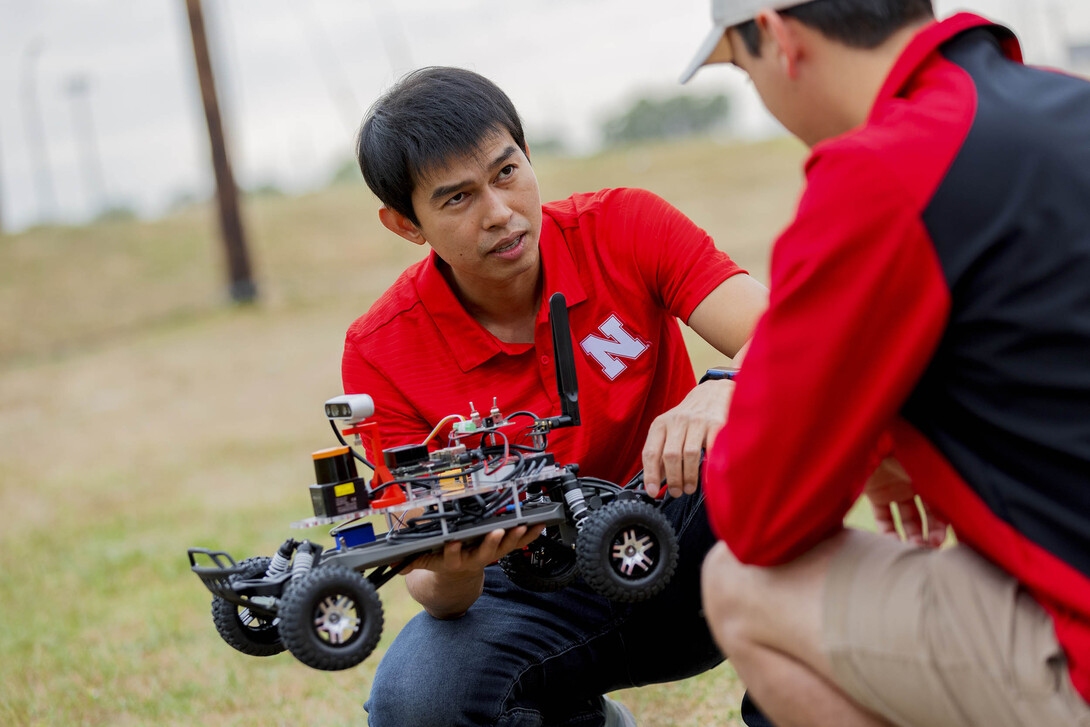
“A School of Computing will enhance the education and research enterprises of the College of Engineering and UNL and create dynamic initiatives that facilitate faculty and student interactions with local, state and national industry partners and community stakeholders,” Pérez said. “Computing is a core competency for the Nebraska economy, and the school will interrelate with the entire campus, providing students the necessary education in both core concepts and their broader implications.”
“We’re excited by this opportunity,” Wolf said. “The university shares our vision and sees computing as essential to Nebraska business, the state’s infrastructure and to the life of all Nebraskans.”
The School of Computing includes nearly 1,000 undergraduate and graduate students and more than 40 faculty members. Undergraduate degrees are offered in computer science, computer engineering and software engineering, and a new major in data science is being developed. The school also offers both master’s and doctoral degrees in computing disciplines. The faculty conduct research in major areas of computing, including data science, artificial intelligence, systems, software engineering and algorithmic foundations.
The College of Engineering embraces its unique role as the sole intellectual and cultural resource for engineering instruction, research and outreach in Nebraska. Through the Complete Engineer initiative, students receive a strong technical foundation in engineering, computing and construction while developing other essential nontechnical competencies sought by industry. The college offers academic programs on three campuses in Lincoln and Omaha, driving economic development in the state while solving problems of global importance.
